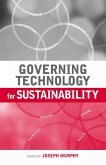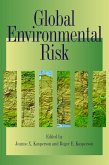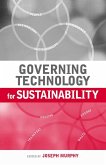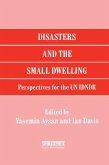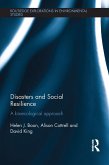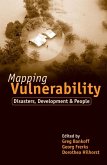Various chapters enlist different scales of analysis to explore the manifestation and causes of global environmental risks in all the diversity of their regional expression. Throughout, the editors and contributors accord prominence to the vulnerability of people and places to environmental degradation. Understanding vulnerability is a neglected key to assessing the nature of the risks and determining strategies for altering trajectories of threat. Global risk futures, the editors argue, are not intractable, and are still amenable to a risk-analysis enterprise that is democratic in principle, humanistic in concept, and geared to the realities that pertain to the particular societies, locales, and regions that will ultimately bear the risk.
Dieser Download kann aus rechtlichen Gründen nur mit Rechnungsadresse in A, B, BG, CY, CZ, D, DK, EW, E, FIN, F, GR, HR, H, IRL, I, LT, L, LR, M, NL, PL, P, R, S, SLO, SK ausgeliefert werden.



